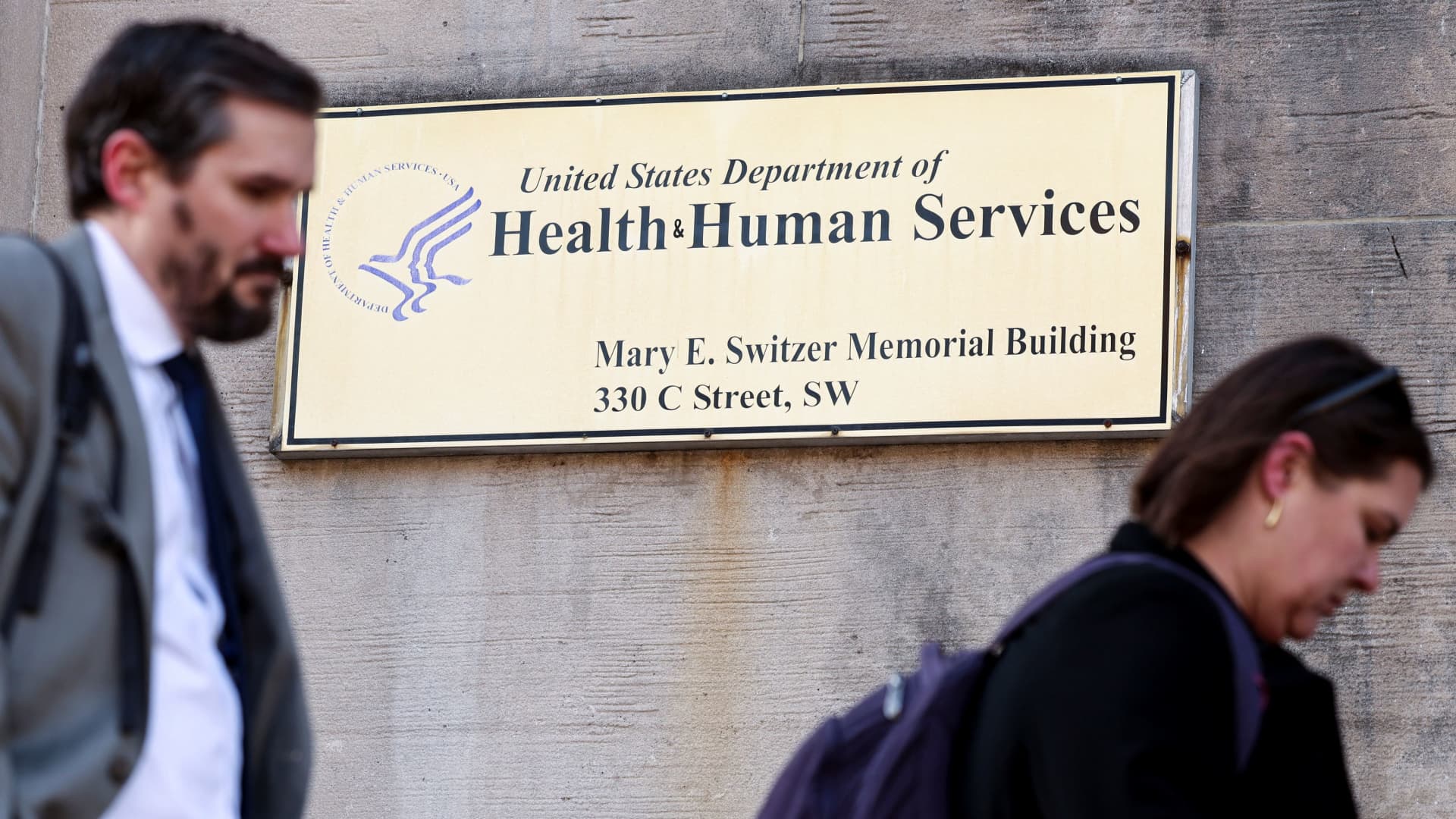Minority Health Watchdogs Dismantled: RFK Jr.'s Controversial HHS Overhaul Sparks Outrage

In a sweeping organizational shake-up, the Department of Health and Human Services (HHS) has delivered a devastating blow to its minority health offices. Sources reveal that these critical departments have been dramatically downsized, with most offices experiencing severe staff reductions—some even facing complete elimination of their workforce.
The cuts have struck at the heart of these specialized offices, leaving many minority health programs struggling to maintain their essential services. Across the eight affected offices, the impact has been profound, with staff members facing unprecedented job uncertainty and vital community health initiatives hanging in the balance.
These reductions not only threaten the immediate support for minority health communities but also raise serious concerns about long-term health equity and targeted healthcare access for vulnerable populations.
